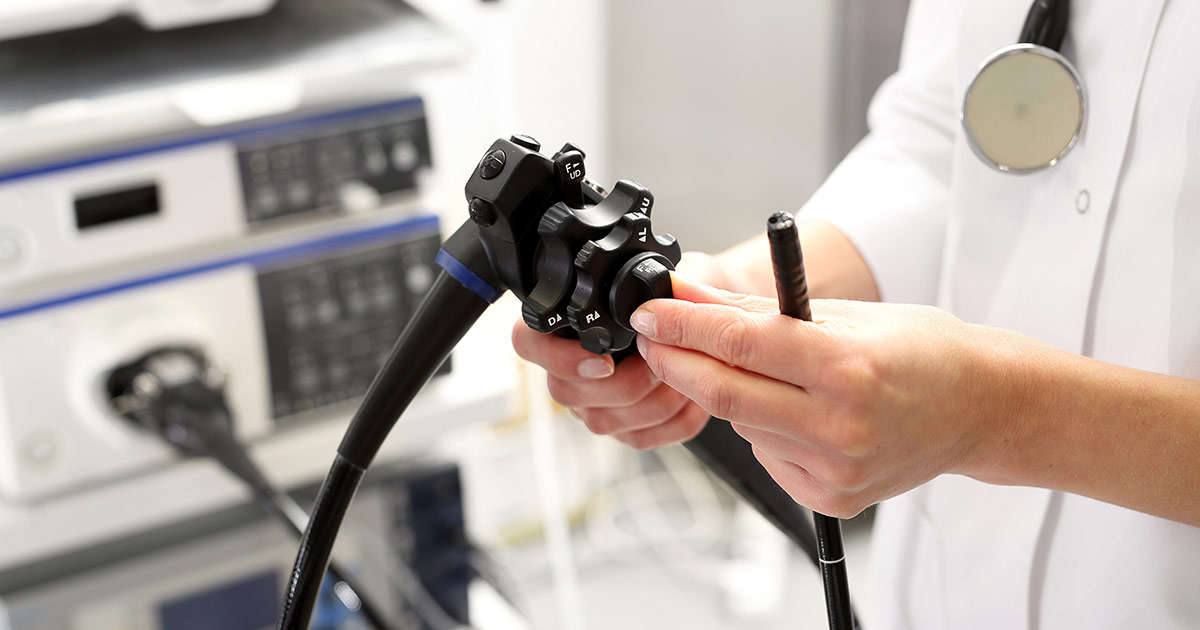How To Treat And Prevent Colon Polyps
A colon polyp, also called a colorectal polyp, is a collection of cells that clump together in the colon lining. Although the majority of colon polyps are benign, doctors advise they be removed as they may become malignant if untreated. More than 200,000 Americans are diagnosed with colon polyps each year. Since polyps often have no symptoms, doctors recommend several different screening tests to detect and remove them. If symptoms related to polyps are present, they include bleeding from the rectum, black or bloody stools, abdominal pain, anemia, and constipation. Smoking, being overweight or obese, having a family member with colon cancer, and being over fifty years old all increase an individual's risk of developing a polyp. Some studies suggest dietary factors such as eating red or processed meats may further increase this risk, especially for females. The screening tests and interventions outlined below can help detect and treat colon polyps as well as reduce the risk of developing them.
Colonoscopy

In the United States, colonoscopies are one of the most commonly performed medical screenings. They are generally recommended for adults over fifty years old, and doctors often advise patients have this test completed once every ten years if they are at an average risk for colorectal cancer. Before the test, patients are required to fast on a clear liquid diet the day before the procedure and drink a special laxative solution that completely empties the bowel contents.
Most patients are sedated for the screening test. During the exam, doctors insert a thin tube with a camera into the rectum and up into the colon to examine the lining. The test can pick up ulcers, scarring, diverticulitis, and polyps. If a polyp is located, doctors can remove it immediately during the procedure by using a special pair of scissors inserted through the tube. Patients usually go home on the same day of the colonoscopy and are advised to rest for at least twenty-four hours afterward.
Get to know the next option for treating colon polyps.